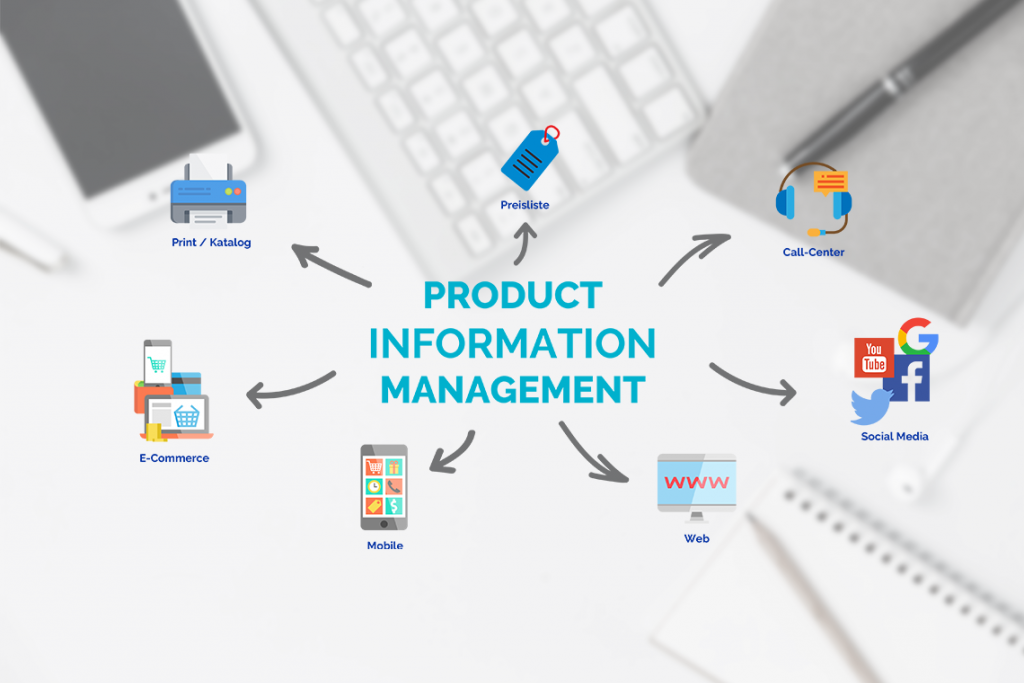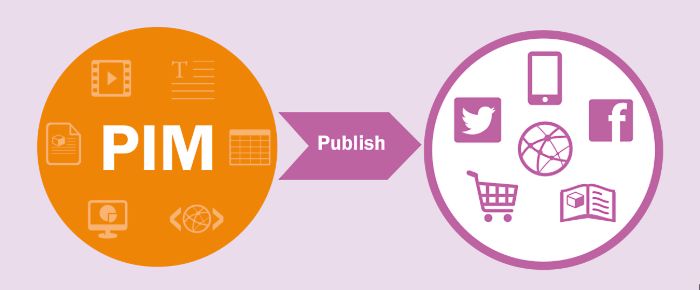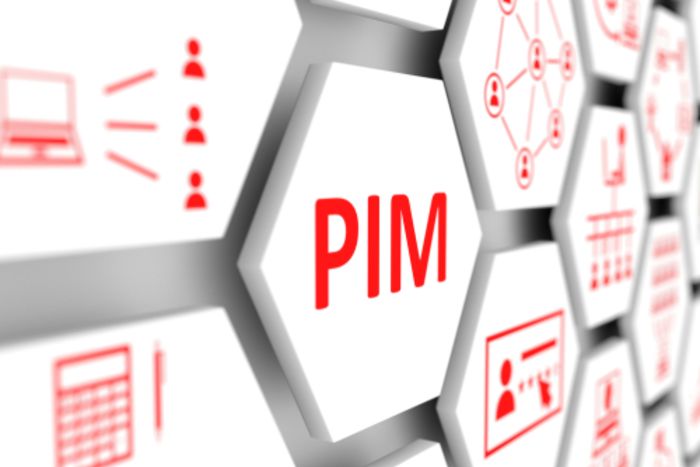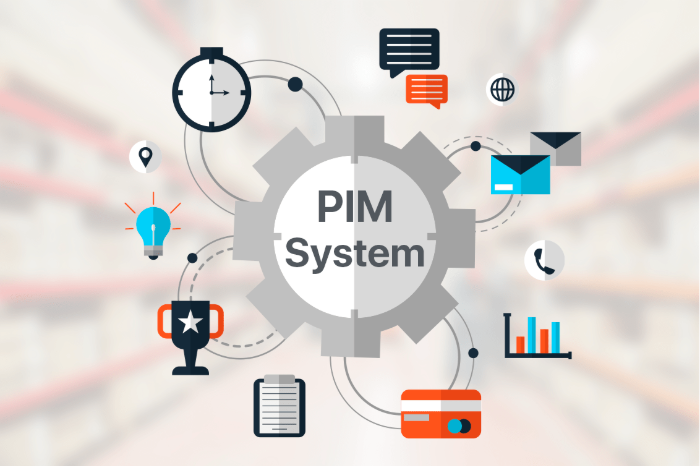What is Product Information Management in B2B eCommerce?
Have you ever heard of product information management integration for B2B ecommerce? Take a look at our introduction to what is a PIM system, Why you need it for ecommerce to improve your business performance!
Product Information Management Definition

PIM stands for Product Information Management, is a software solution that provides an intuitive interface for collecting, managing, and maintaining all product information across all sales channels.
By product information management for ecommerce, businesses can easily import or export the product data, create relevant categories, and distribute products to sales channels accordingly.
Product information management aims to provide businesses’ customers with a seamless product experience with consistent information across multi-channels.
What is a eCommerce PIM System?

A product information management system aggregates all the product information you have, such as descriptions, uploaded related files such as documents, images, even videos, and aggregates them into a single silo.
This data is then stored entirely on a compatible cloud storage system for better access and extra security.
Furthermore, the PIM system takes full control over your data to ensure only quality information is passed through and made into the database.
Product information management ensures information consistency across all sales channels of your business. Besides, the software also improves the automation process when integrated into other systems such as ecommerce, CRM, ERP, etc.
You may concern: Best 10+ Magento CRM Integrations For eCommerce Website
Most importantly, product information management enhances the customer’s product experience through high-quality, contextualized and compelling information.
Why Do You Need a eCommerce PIM?

Ecommerce PIM system works centrally, bringing all product information in one place.
The system helps to shorten the time to approach employees, coordinate product introduction, design marketing campaigns and open new business channels. It gives employees more time to think about innovative ways to engage consumers.
Optimized multi-channel experience
A PIM system reduces the massive workload due to your business’s multi-channel approach by efficiently managing physical and digital product content. Administrators are allowed to create and assign content to a category hierarchy relevant to the campaign.
Simultaneously, PIM also enables product marketers to make tailored campaign changes and publish new content quickly.
Personalized information
Instead of waiting for the necessary documentation from the marketing or product teams, PIM system aggregates and provides the essential information to the sales team.
The system also offers many options for customizing the sales template in terms of content, pricing and product description. Vendors can then personalize product documentation to suit the target audience.
Trusted data source
The data entered into the PIM storage system is indexed with a specific location, with different administrator priorities. Data sources are periodically refreshed to ensure that users have access to the latest product information, reducing the risk of using outdated data.
Product-oriented information
PIM effectively organizes the data in the business systems of the enterprise while ensuring their quality and accuracy. Product information is synthesized to help improve work results and work coordination efficiency of the business team.
Helpful measurement
The effective eCommerce PIM system brings more opportunities for marketers to use product data to build commercial campaigns.
In addition, businesses can use existing parameters to create more suitable and detailed personalization strategies for each customer. Besides, the marketing teams can A/B testing via available documentation or analytics to find the most practical actions.
Product Information Management in B2B eCommerce

In general, integrating a product information management system into B2B eCommerce website brings many benefits to your website, mainly:
- Gathering information from trusted sources to a single place helps customers get the same amount of product information while not getting confused when choosing products.
- Ensuring the quality of information, removing uncensored information, helping to create seamless product data flow.
- Suggest suitable information related to products, helping a part in product marketing on multi-channels.
What is B2B Multi-channel & What are benefits of a B2B Multi-channel strategy?
That is a quick overview of eCommerce PIM (product information management) system. Hope it helps.



